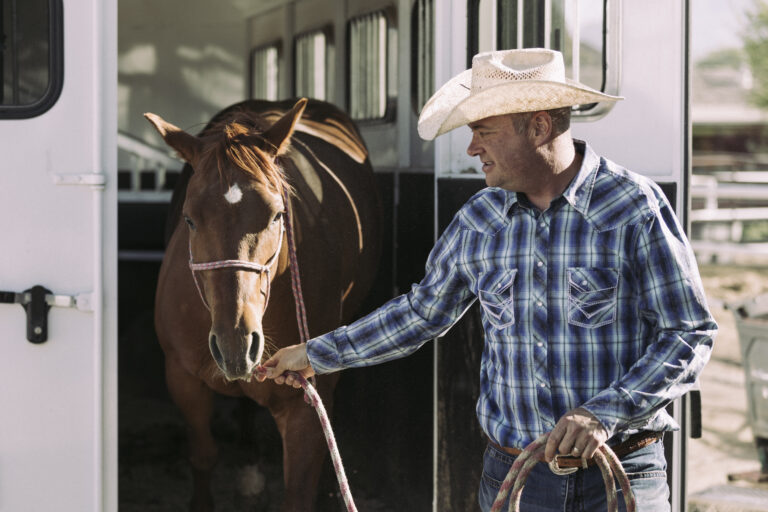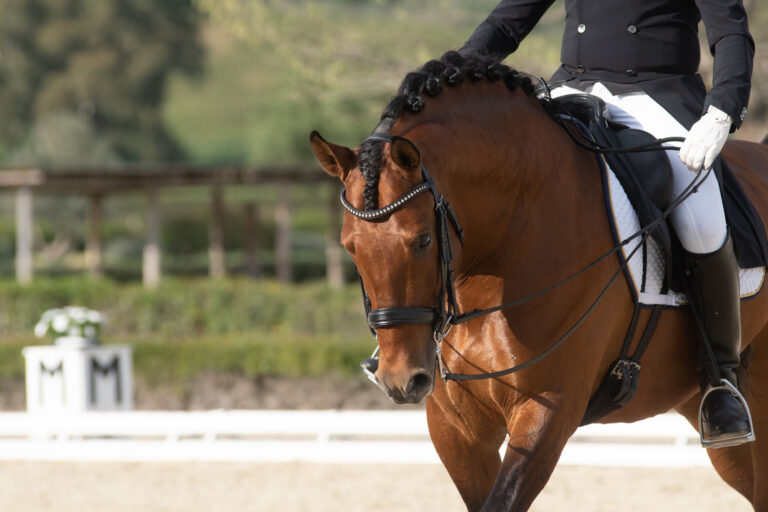
Dr. Jamie Pribyl moderated a panel discussion at the conclusion of the Lifestyle & Wellness Session of the 2022 AAEP Annual Convention. Utilizing audience polling, the panelists prioritized topics, with the top three being managing boss/associate expectations, implementing personal boundaries and promoting a healthy workplace culture.
Two scenarios that had been prepared beforehand were introduced to start the panel discussions. The first was: “You are chastised for not answering a client’s phone call on your weekend off. Your boss is always available, and you do not want to have to carry your work phone with you if you’re not on call. What is the conversation that needs to be had?”
Panelist Dr. Amy Grice responded that because the boss’s habit and business model is to always be available for client communication at all times, they are probably going to be resistant to change. She suggested that the associate voice their dilemma by saying a version of, “When I field calls & texts when I’m not on call, I feel frustrated/stressed/angry. Would you be willing to discuss having some boundaries around communication during times when I am not on duty?” She explained that by asking a question and stating how you feel, you’re sharing your perspective and asking for a specific outcome. This is different than coming from a place of anger, which is important because trying to set boundaries from a place of anger is rarely successful.
Speaking to this scenario, Dr. Justin High discussed how clients sometimes push back when they cannot reach the veterinarian they prefer to speak to because they don’t respect the boundaries that have been communicated. He recommended building your practice on the clients who DO respect the limitations that you set on your doctors’ availability. Dr. Nick Frank counseled that owners need to create opportunities for constructive dialog. He cautioned that traditional, engrained approaches often drive away new entrants into equine veterinary medicine.
The second scenario for the panel was: “A trainer calls from the Canadian border on a Saturday afternoon. They forgot to add a horse to the health certificate and need paperwork faxed to them to get to the horse show. No exam was done on the horse, but your boss is calling and requesting you complete the paperwork.”
Dr. Berkley Chesen related that as a young associate, she didn’t feel that she could say “no.” She felt too intimidated by the power dynamic. From her more experienced perspective, she recommended that the associate “put it back on the boss.” Grice suggested calling the boss and saying, “I think you’re comfortable with this, so I’ll email you the information so you can handle it. I’m not comfortable because the horse has not been examined. I’m not willing to put my license on the line.” Dr. Stacey Cordivano stated that ethical and moral dilemmas in young veterinarians are strongly correlated with burnout, so she counseled, “Hold your ground.” In conclusion, Dr. Kelly Zeytoonian shared that she experienced this scenario as a young graduate, and that she still experiences anxiety just thinking about it years later.
Considering the stress and anxiety that these scenarios create, Pribyl asked the panel for suggestions to manage the inevitable discomfort after saying “no.” Cordivano said practicing self-compassion and mindfulness is very helpful in these situations. She also suggested leaning on supportive colleagues in your circle. Grice added, “Ask yourself: What would you say to your best friend if they were in this situation? Then say that to yourself.”
The discussion turned to audience questions that sought to balance client needs and expectations with those of veterinarians. Robust discussion, relevant story-telling, and reflective listening created a dynamic close to a powerful session.


![[Aggregator] Downloaded image for imported item #18402](https://s3.amazonaws.com/wp-s3-equimanagement.com/wp-content/uploads/2025/09/30141652/EDCC-Unbranded-16-768x512.jpg)

